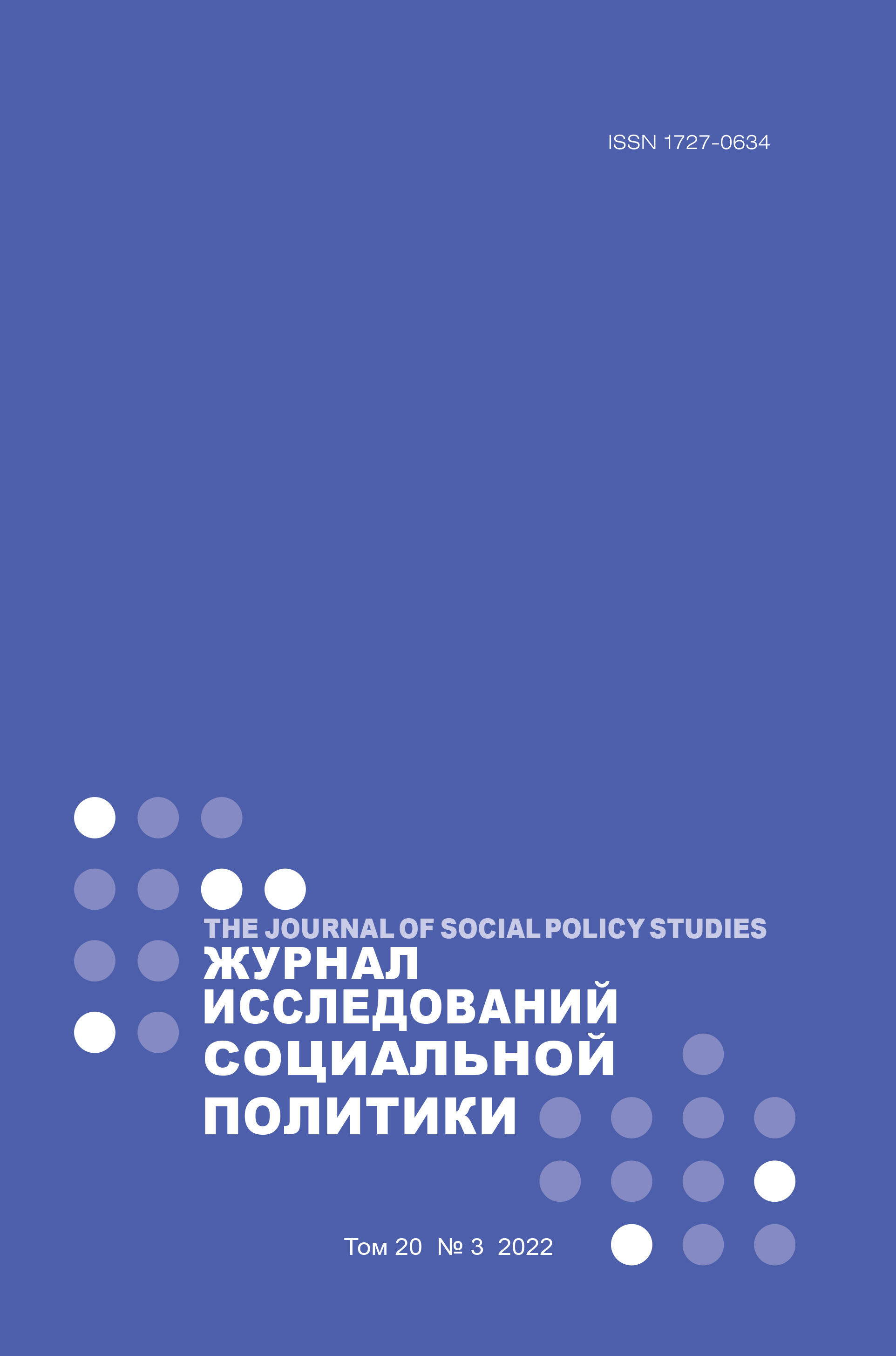Gender Stereotypes and Women Strategies in STEM: A Multidisciplinary Review
Abstract
This paper focuses on the systematic review of articles on the measurement and analysis of gender stereotypes in higher education that were published in international journals over the past 30 years (1990–2020). The review aims to systematise the theoretical and methodological approaches defining gender stereotypes in STEM higher education and their role in the transformational processes of contemporary higher education and in the development of sociocultural openness of university environments, which have been available in the global socio-humanitarian field in recent decades. To achieve this goal, we used both open (Google Scholar) and closed (JSTOR, EBSCO, Scopus, Web of Science, American Psychological Association) citation databases. According to formulated criteria, the database of the 61 most relevant articles was left for the analysis. The articles covered the following topics: ability and self-confidence in STEM subjects, self-esteem, persistence, gender roles, motivation, values, social discomfort, low percentage of girls in technical majors, gender achievement gap, uneven student dropout, mismatched career plans. Based on the studied articles and classical approaches, the definition of gender stereotypes was proposed, positive and negative stereotypes and their significance for the formation of inequality were highlighted, the two most popular psychological theories about gender stereotypes – stereotype threat and implicit theories – were analysed, and methods of their measurement were systematised. The final part of the article reveals how gender stereotypes allow us to study the main aspects of gender inequality in higher education: female minority status in the academic environment, the relationship between gender and professional identity, motivation, persistence in obtaining a STEM profession and student dropout. The discussion indicates the need for further cross-country comparative research and the development of comprehensive measures. The question about the possibility of a conscious choice of a professional path in higher education is raised.















